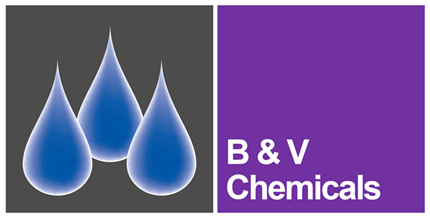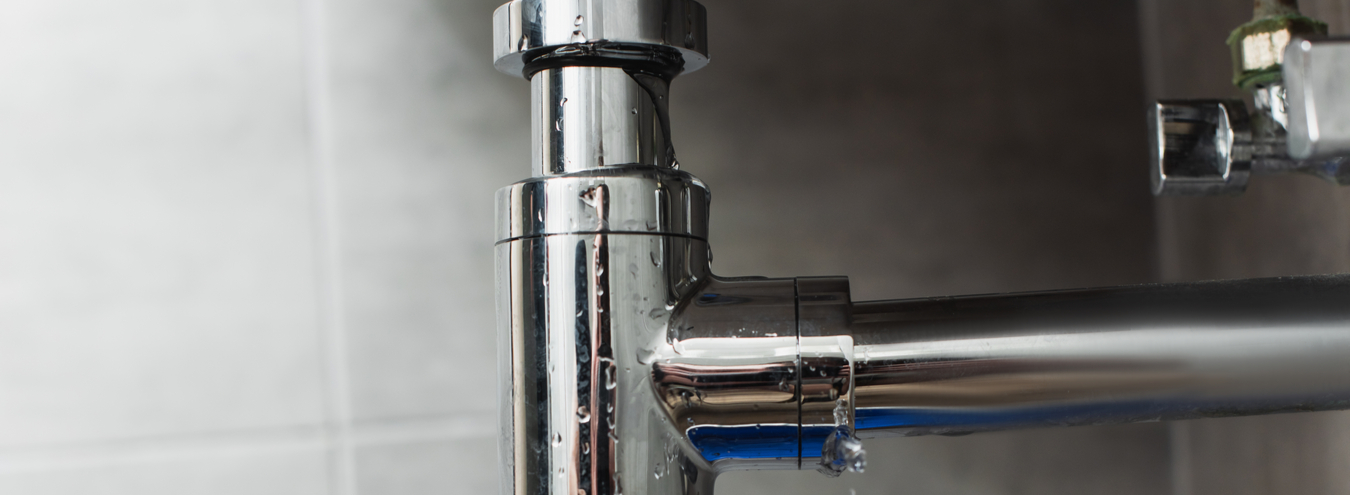The rain water that all too often falls from our skies is naturally soft. But once it falls to the ground and percolates through rocks, it gathers naturally hard mineral salts. It's these calcium and magnesium salts that are responsible for the majority of the scaling in the UK water system.
The water hardness scale
The hardness of the water will vary depending on the local geology, and in the UK the general pattern is that water supplies are hardest in the East and softer in the West.
The table below shows the classifications of hardness in the UK. Norfolk, for example, falls into the Very Hard Water category, where as the majority of Wales falls into the Soft Water category.
Water supply classification
| Hardness | Concentration of calcium carbonate (mg/L) |
| Soft Water | 0 to 75 |
| Medium Hard Water | 75 to 150 |
| Hard Water | 150 to 300 |
| Very Hard Water | Over 300 |
Temporary and permanent water hardness
There are two types of water hardness: temporary and permanent.
Temporary hardness is due to the bicarbonate ion, HCO3-, being present in the water. This type of hardness can be removed by boiling the water to expel the CO2, as indicated by the following equation:
Ca(HCO3)2 →← CaCO3 + CO2 + H2O
Permanent hardness is due to calcium and magnesium nitrates, sulphates, and chlorides etc. This type of hardness cannot be eliminated by boiling.
Problems caused by scale in the home
Limescale can often be found in the home, in kettles and on taps and showers. These white or off-white chalky deposits are a typical indicator of hard water and are mainly caused by calcium carbonate.
Limescale can also be found inside the pipes that run through the home, and this is where serious problems can occur. Over time the scale will build-up in those pipes, in taps and shower heads, and even in the boiler and radiators. As the scale deposits accumulate, they will reduce flow and reduce the efficiency of the systems' components. Eventually they may block the system entirely.
Another potentially serious issue is that limescale deposits can be a breeding ground for dangerous bacteria including legionella bacteria which causes Legionnaires’ disease. This can be a particular problem for shower heads and taps that create an aerosol.
Problems caused by scale in industry
Limescale can cause significant problems in industrial situations. Cooling towers, steam boilers and closed systems can all suffer scale problems.
The build-up of scale in pipes, boilers, cooling systems and other process equipment can cause significant problems to the equipments' operation and efficiency.
The plant and equipment can fail to work properly, life expectancies can be affected, flow rates can reduce and heat transfer efficiencies can be severely affected.
The build-up of limescale in cooling systems, including cooling towers can also increase the risks associated with legionella bacteria and Legionnaires’ disease.
The control of scale can be achieved through the use of water treatment chemicals in the form of antiscalents.
Can scale cause health problems?
There is no health-based standard for the hardness of drinking water. The World Health Organisation Guidelines for Drinking-water Quality (2004) identified that water with a hardness value of 200 mg/l or higher (measured as calcium carbonate) will produce scale, and soft water with a value of 100 mg/l (as calcium carbonate) or less will be more corrosive to pipes.
Where water companies artificially soften water before putting it into supply, it is recommended that they maintain a minimum total hardness of 150 mg/l (as calcium carbonate). This is because there is some limited evidence of a relationship between water hardness and cardiovascular health which may be related to the beneficial properties of magnesium and calcium in the diet.
In next week's blog, we look at how to prevent problems caused by scale and discuss what the solutions are for controlling the build-up of scale in our water systems.




